
Make it stand out
What’s been happening?
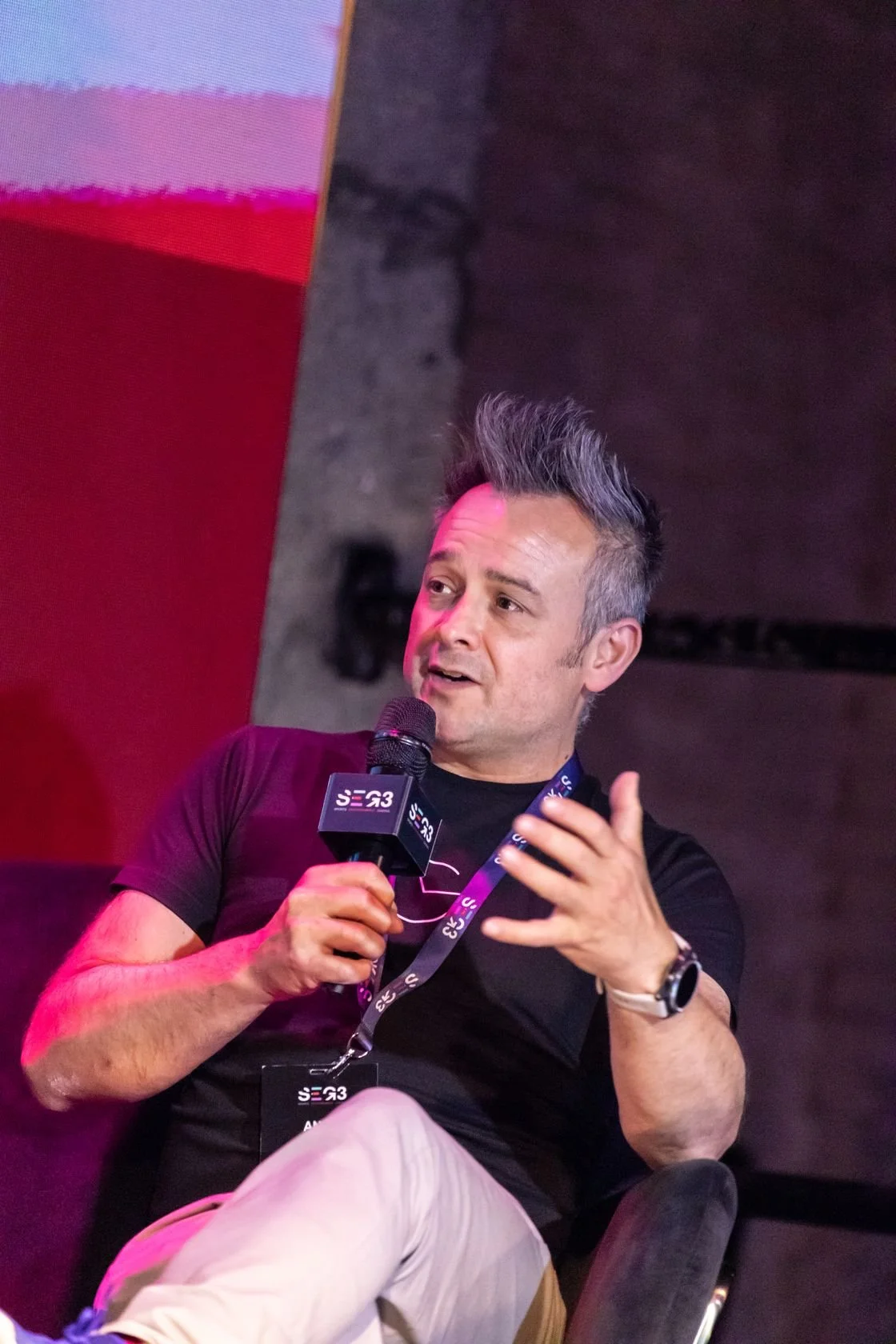
SEG3 London
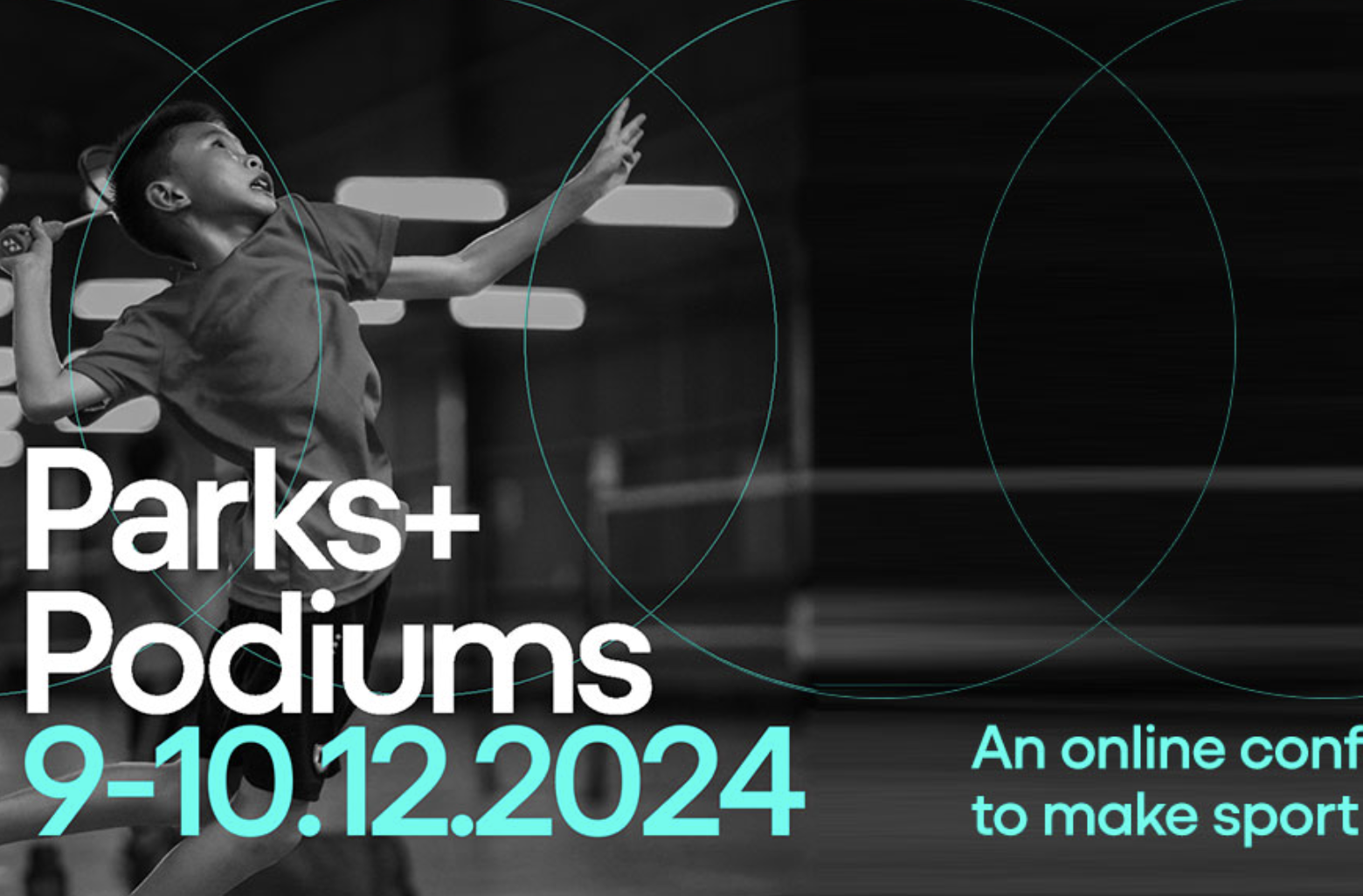
Safe Sport international - How can the media help safeguard sport?
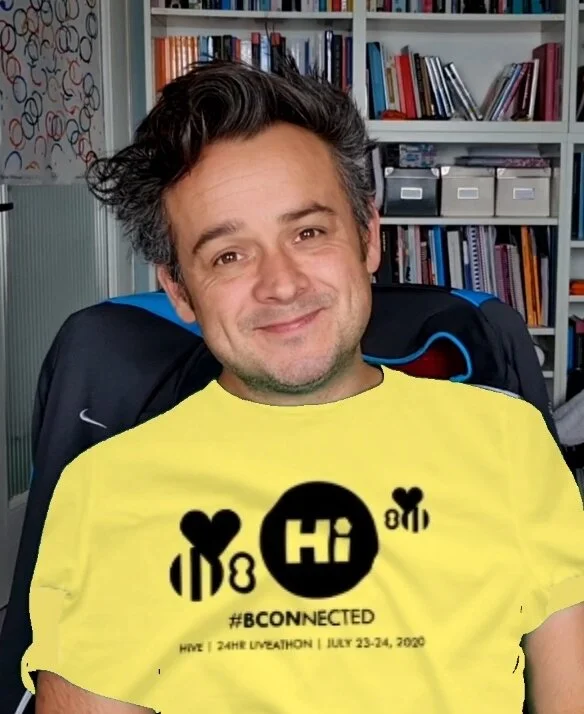
Sport 2.0
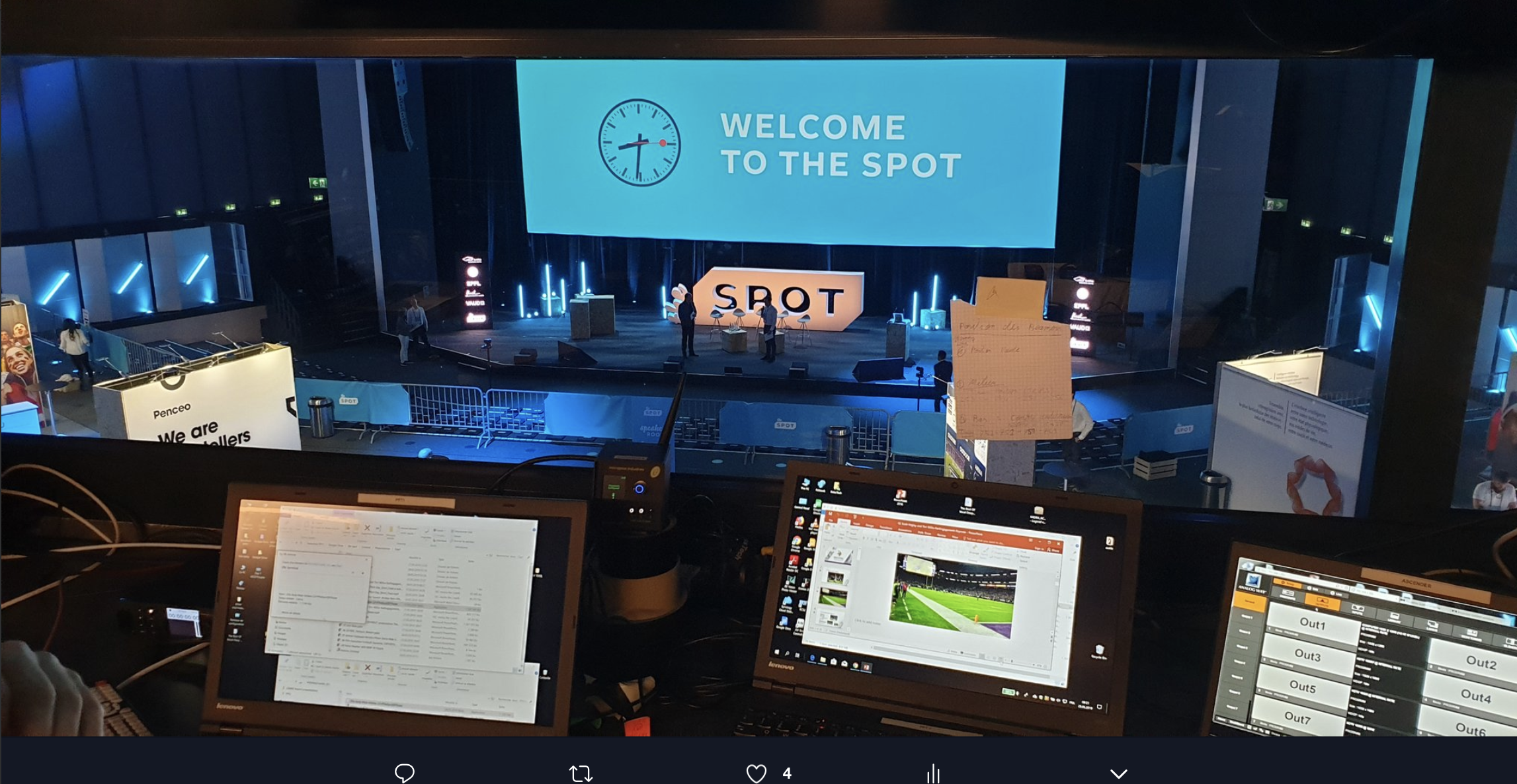
Athlete 2.0
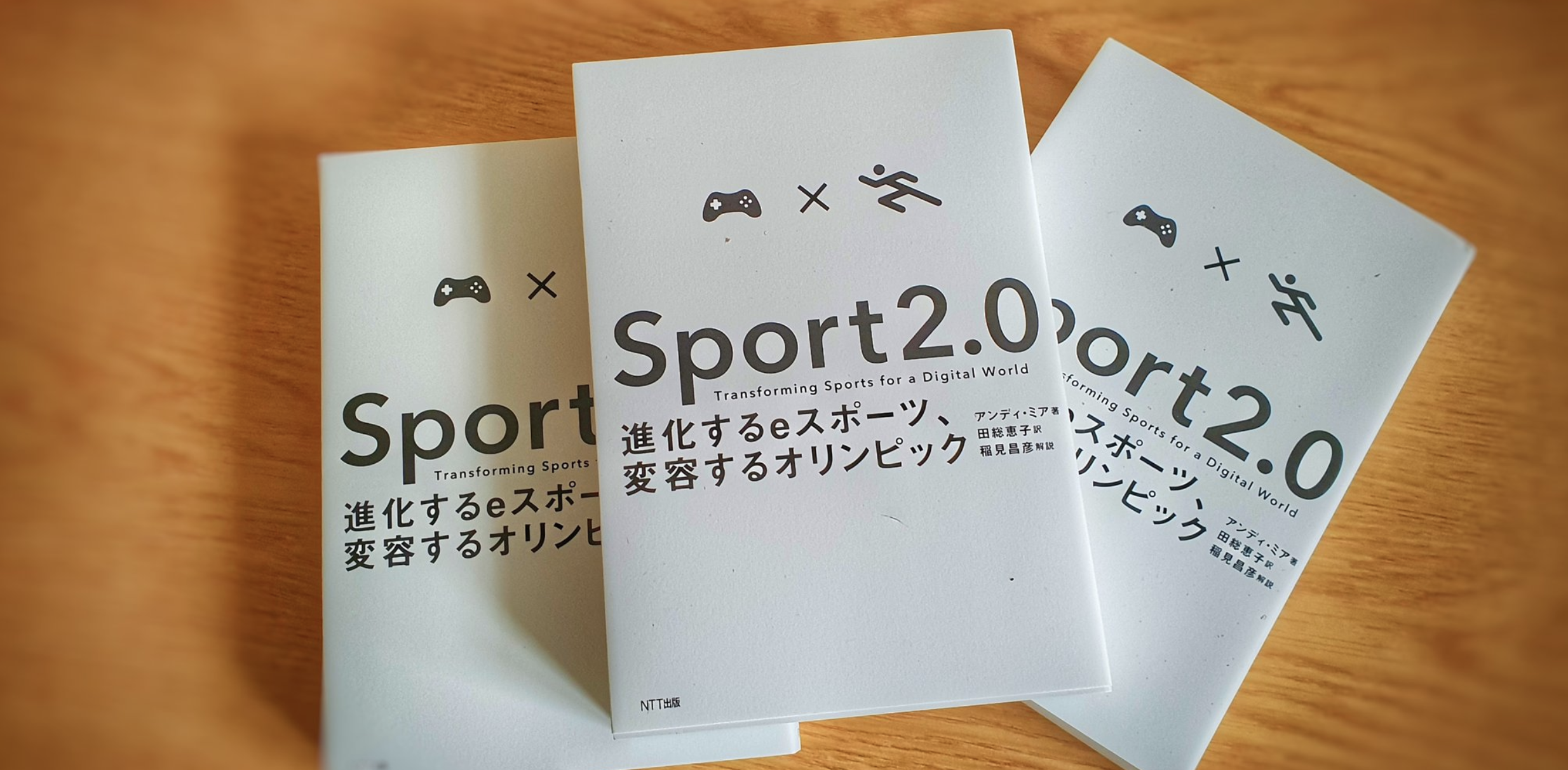
Sport 2.0 published in Japanese
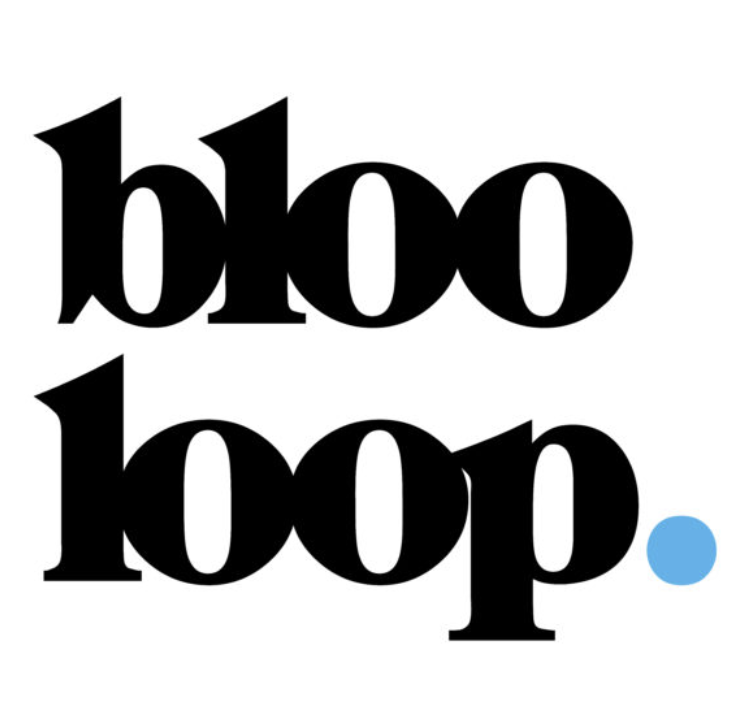
The future of the eSports experience
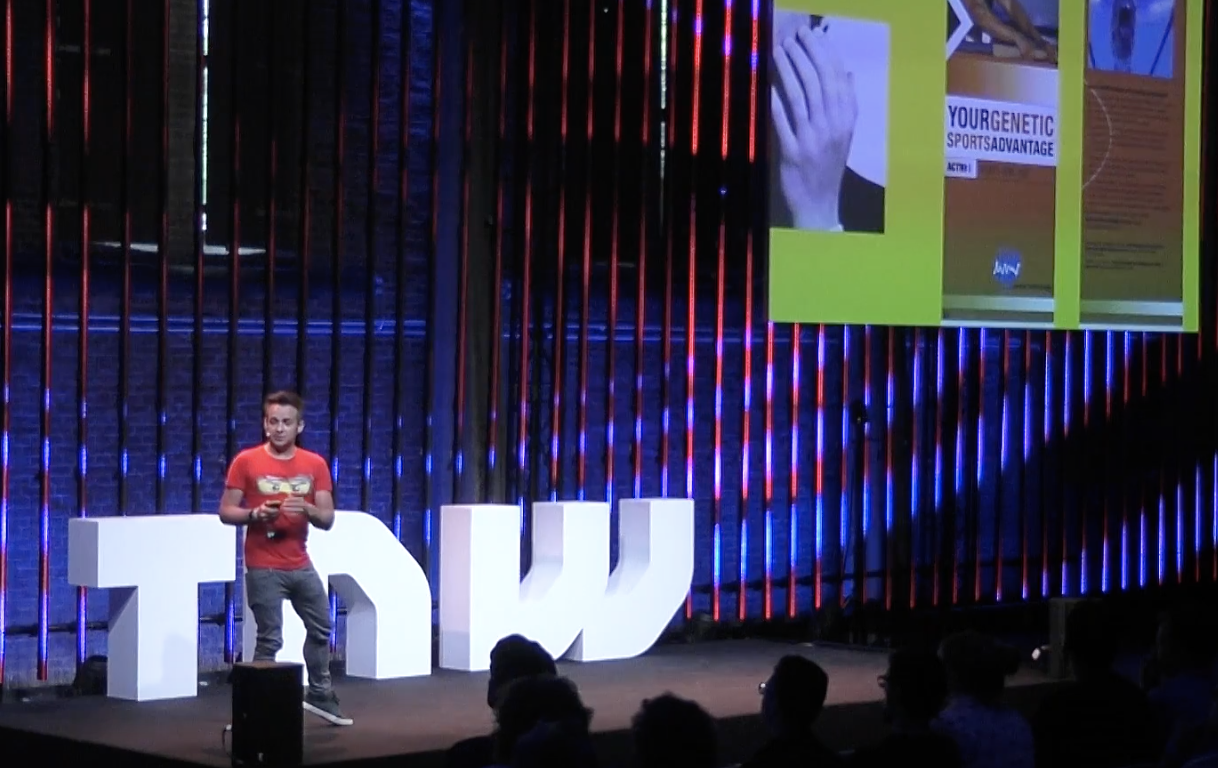
The BioDigital Athlete #TNW2018
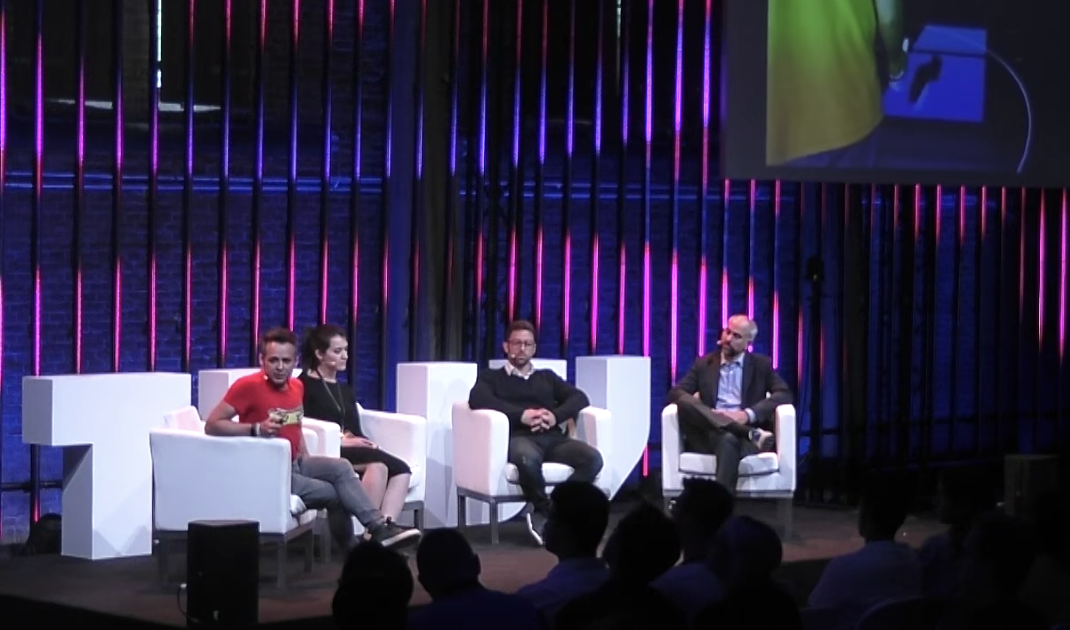
The Next Web does eSport
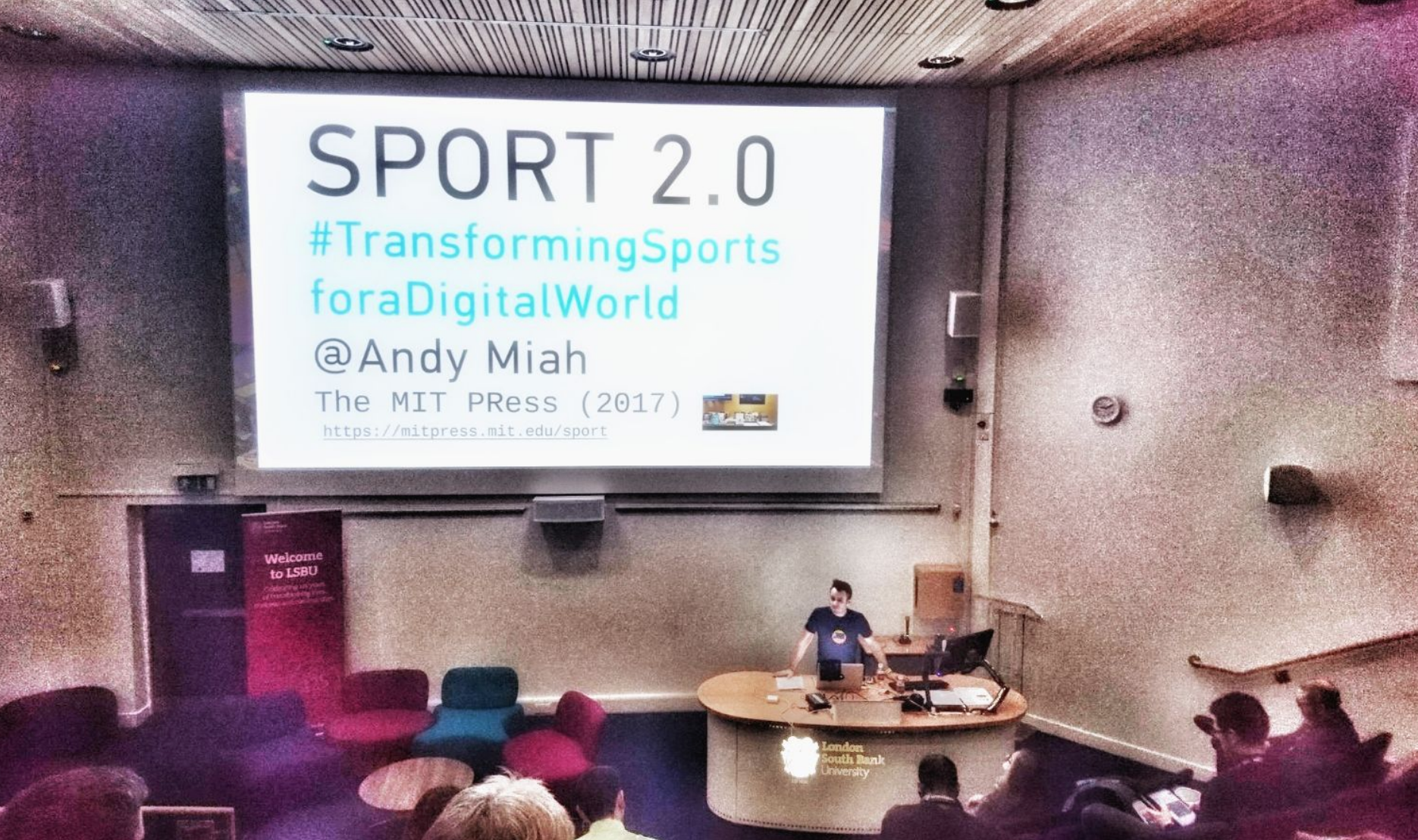
Sport 2.0 @ #MeCCSA2018
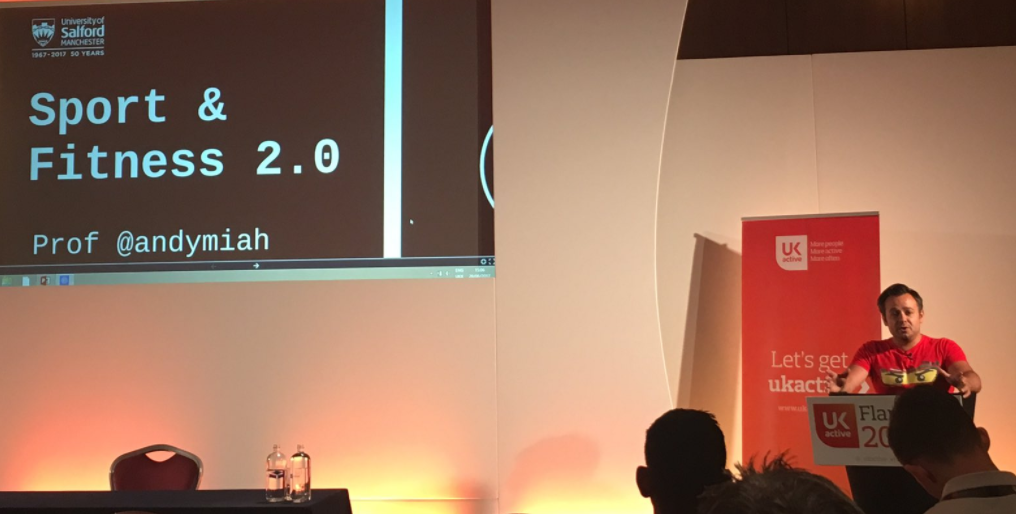
Fitness 2.0
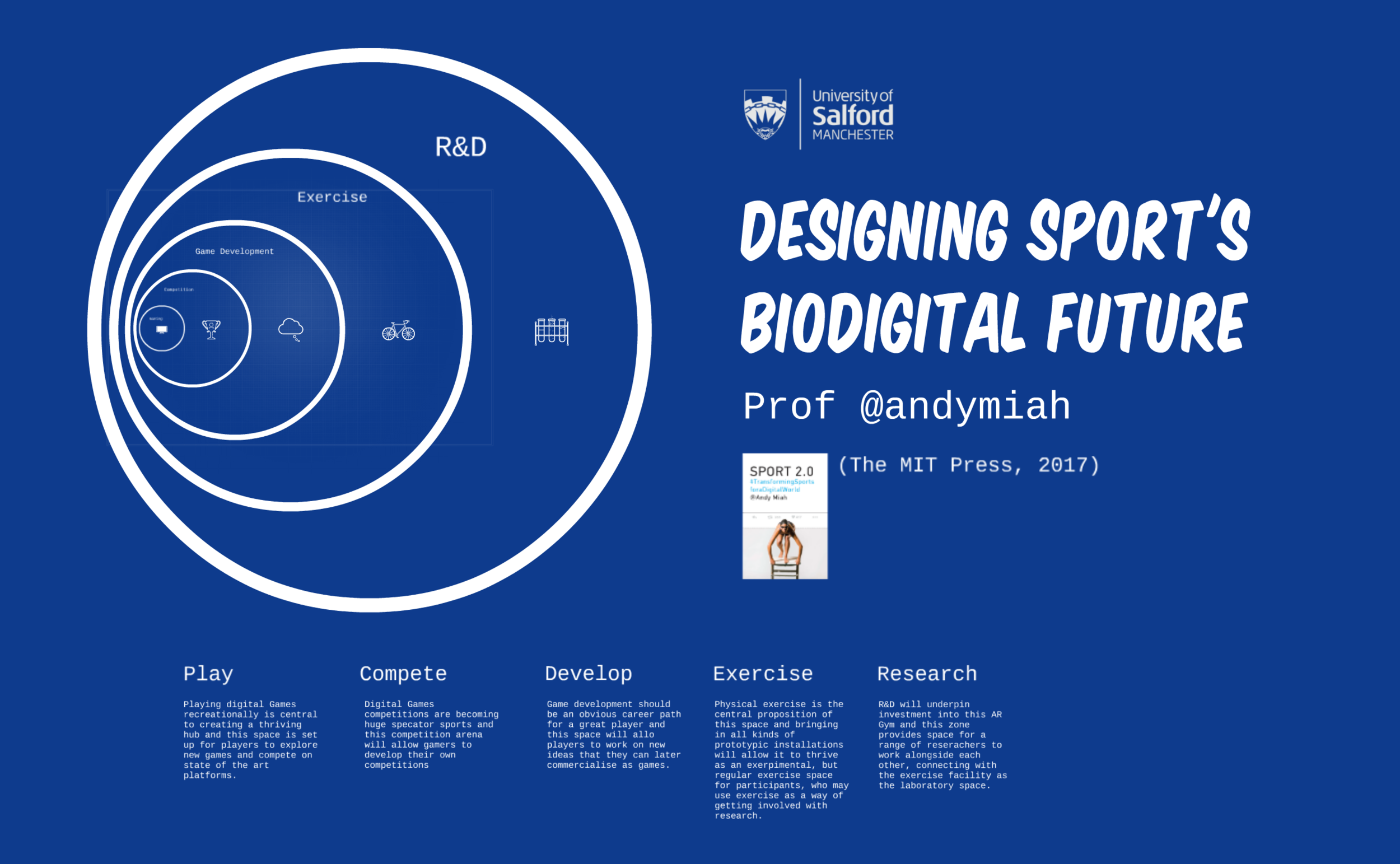
Designing Sport's BioDigital Future #DSI17
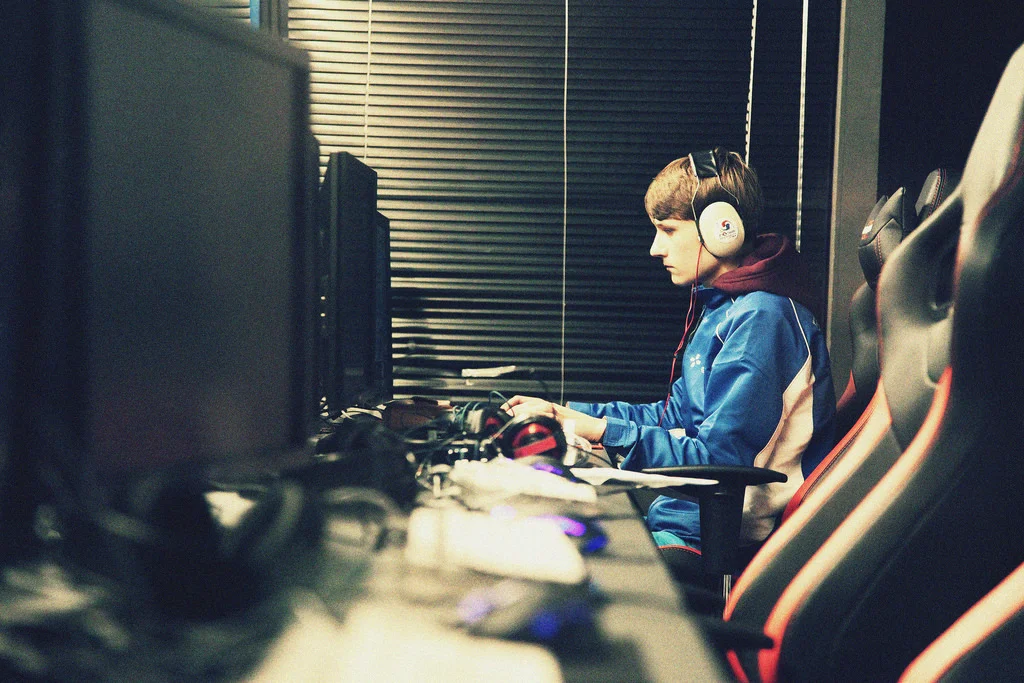
Smart Cities and Sport
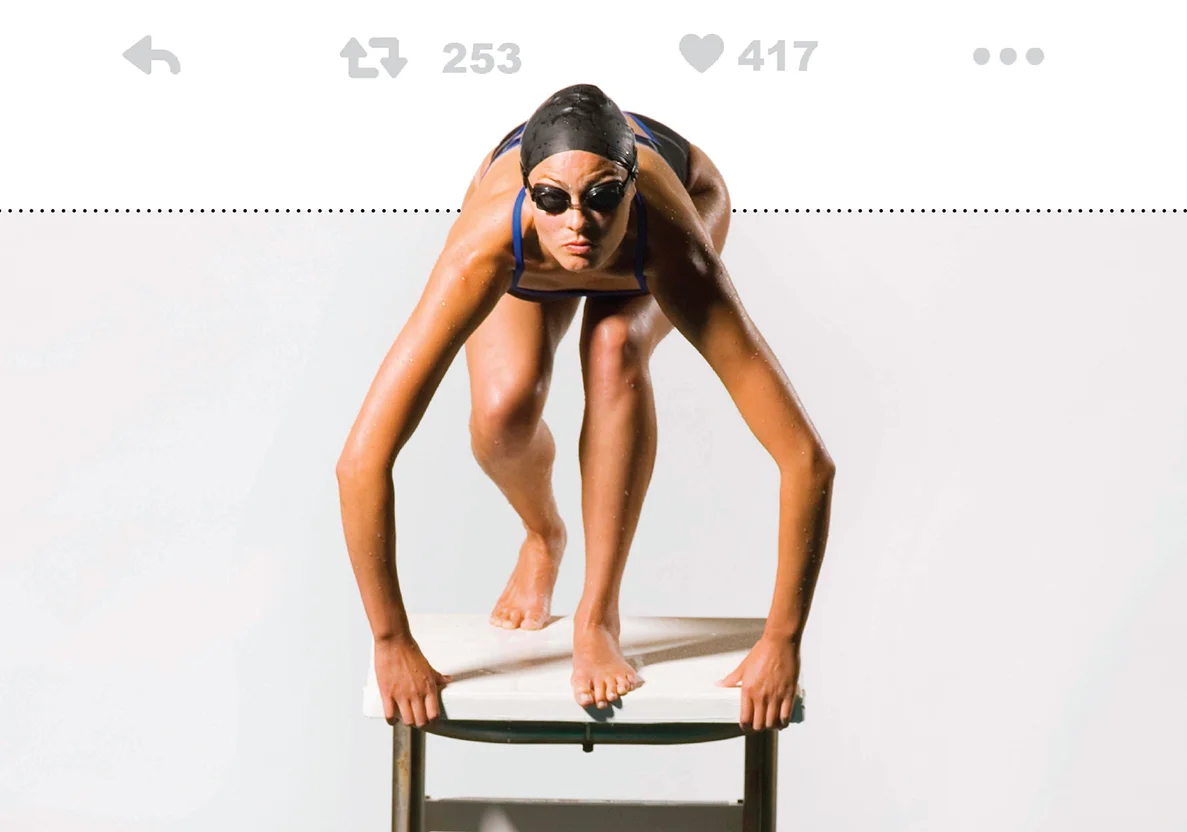
Sport 2.0 and the BBC Academy
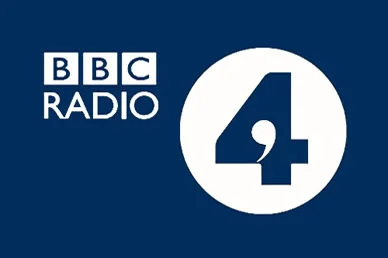
#FutureProofing on @BBCRadio4
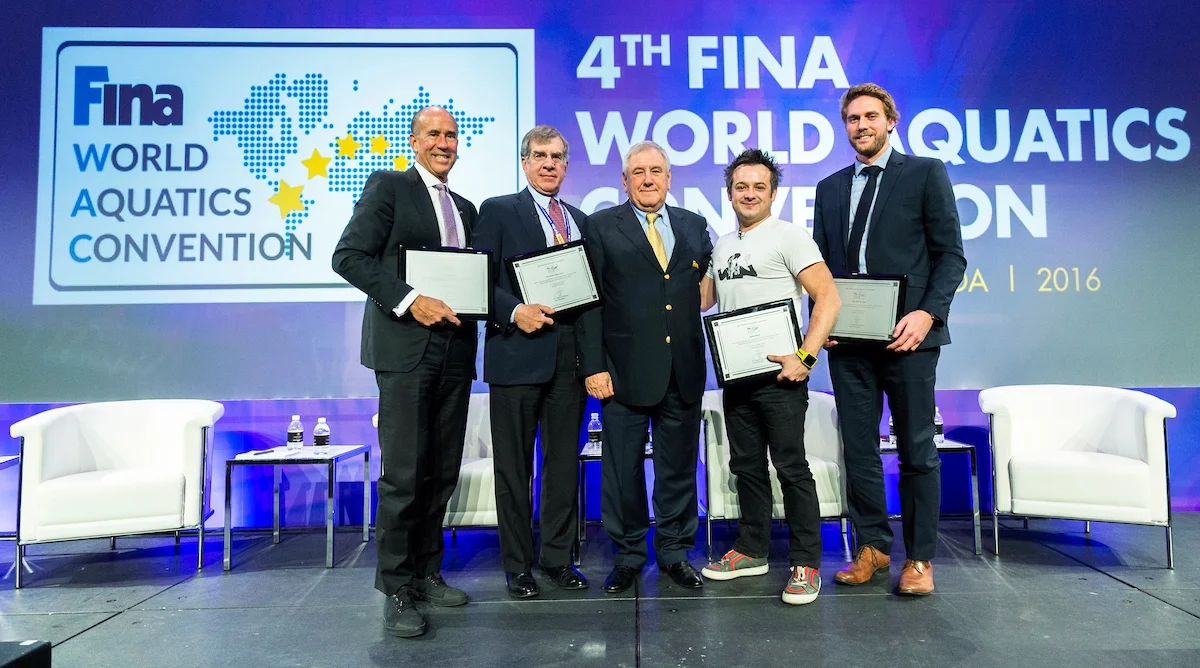
Sport 2.0 at the World Aquatics Convention #FWAC2016
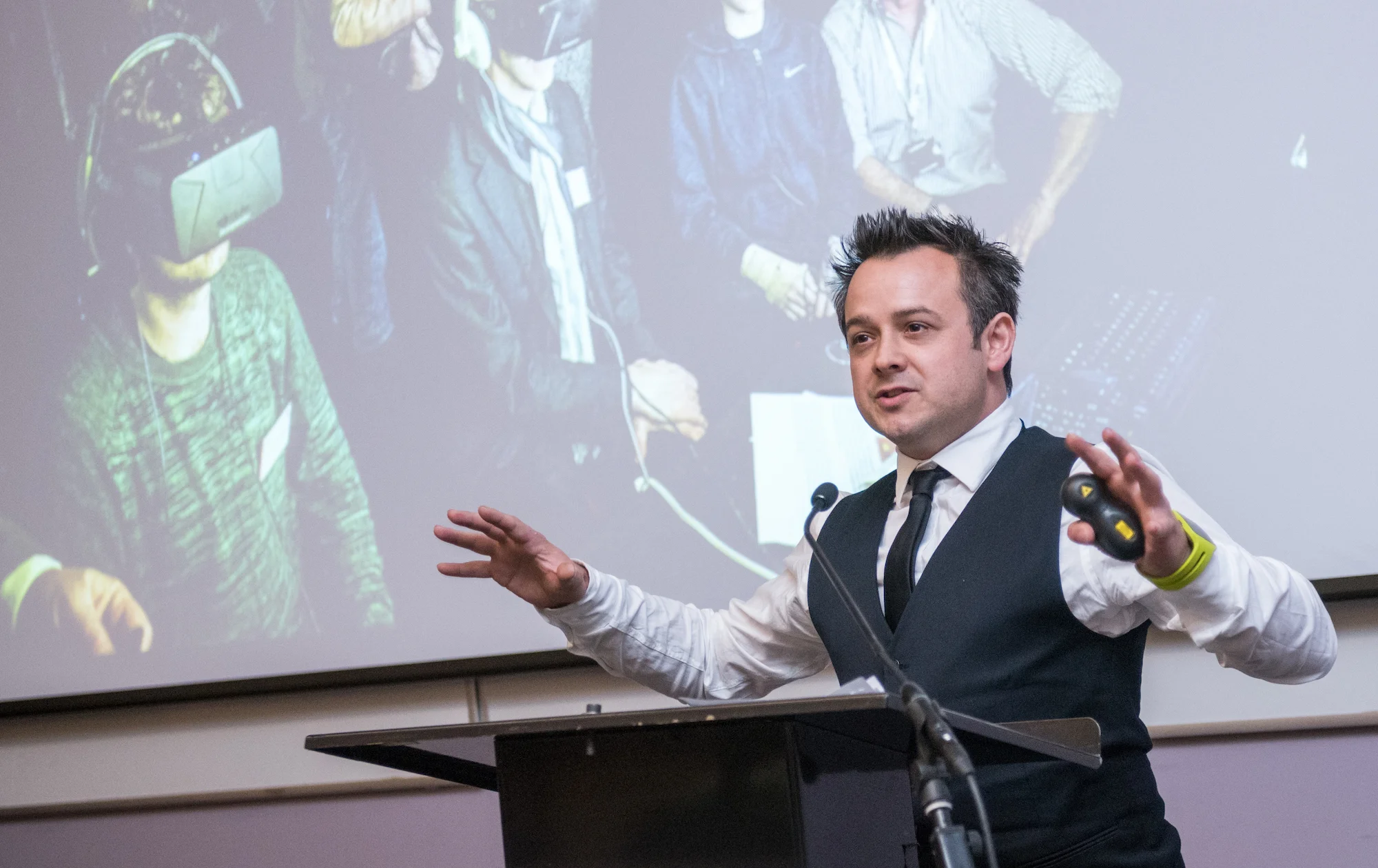
What will virtual reality sport experiences feel like?

eSports

